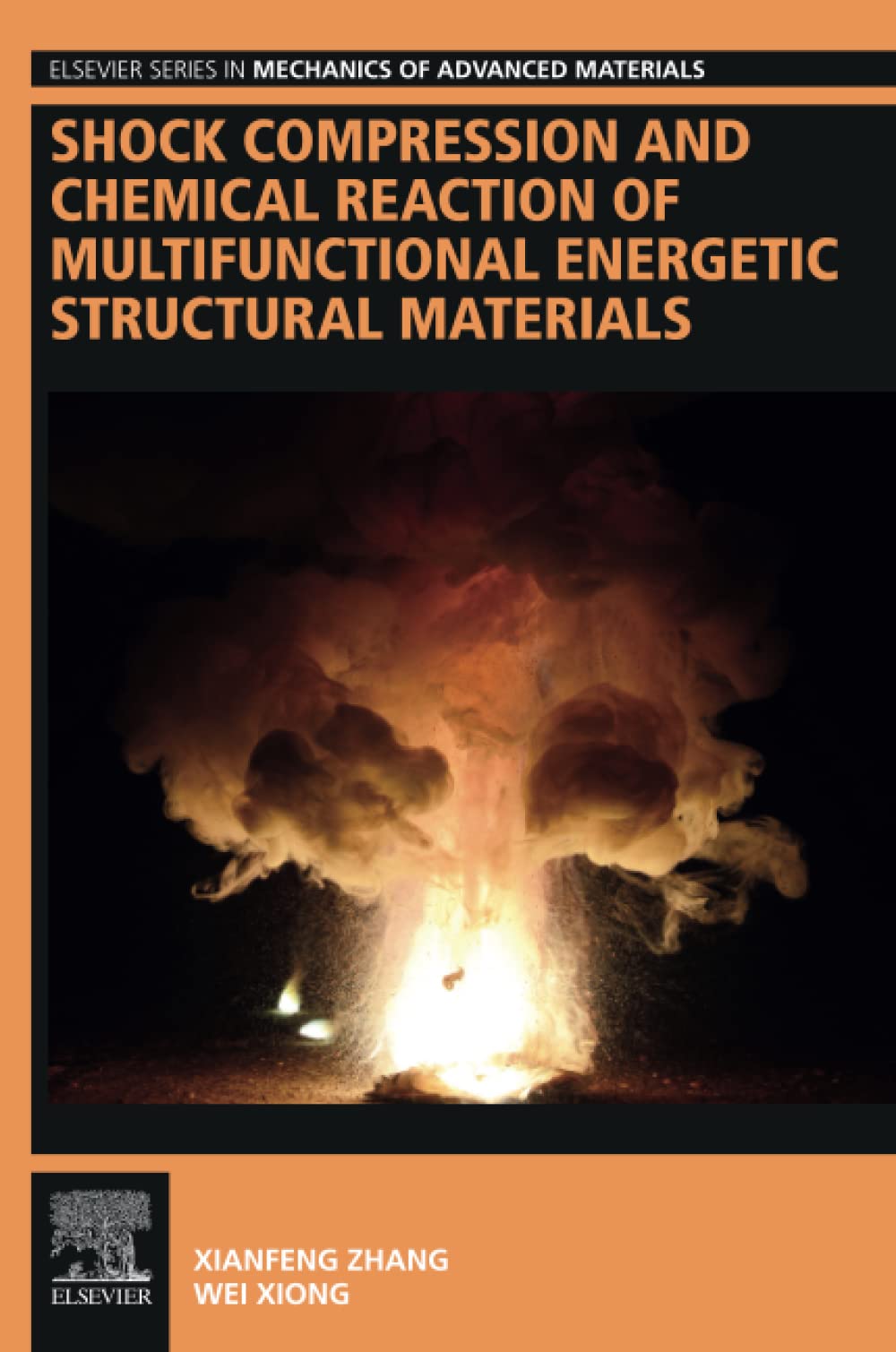

Most ebook files are in PDF format, so you can easily read them using various software such as Foxit Reader or directly on the Google Chrome browser.
Some ebook files are released by publishers in other formats such as .awz, .mobi, .epub, .fb2, etc. You may need to install specific software to read these formats on mobile/PC, such as Calibre.
Please read the tutorial at this link: https://ebookbell.com/faq
We offer FREE conversion to the popular formats you request; however, this may take some time. Therefore, right after payment, please email us, and we will try to provide the service as quickly as possible.
For some exceptional file formats or broken links (if any), please refrain from opening any disputes. Instead, email us first, and we will try to assist within a maximum of 6 hours.
EbookBell Team

4.8
34 reviewsShock Compression and Chemical Reaction of Multifunctional Energetic Structural Materials provides an exhaustive overview of the mechanics, kinetics and physio-chemical behavior caused by shock-induced reaction and shock compression on multifunctional energetic structural materials (MESMs). The book covers foundational knowledge on shock waves and Equation of State (EOS), shock parameters, reaction kinetics, impedance matching, and more. In addition, it looks at more advanced subjects such as experimental analysis methods, numerical modeling techniques (from quasi-static to high-strain rates, including void collapse models), how EOS changes when reaction and detonation are involved, and more.
Final chapters cover how to obtain EOS curves from experiments and various testing methods and numerical models for non-reactive porous solids and particulate composites, including 1-D reactive flow models. Flyer plate impact experiments are also discussed, as are the applications of hydrocodes and Lagrangian-framework-based methods.